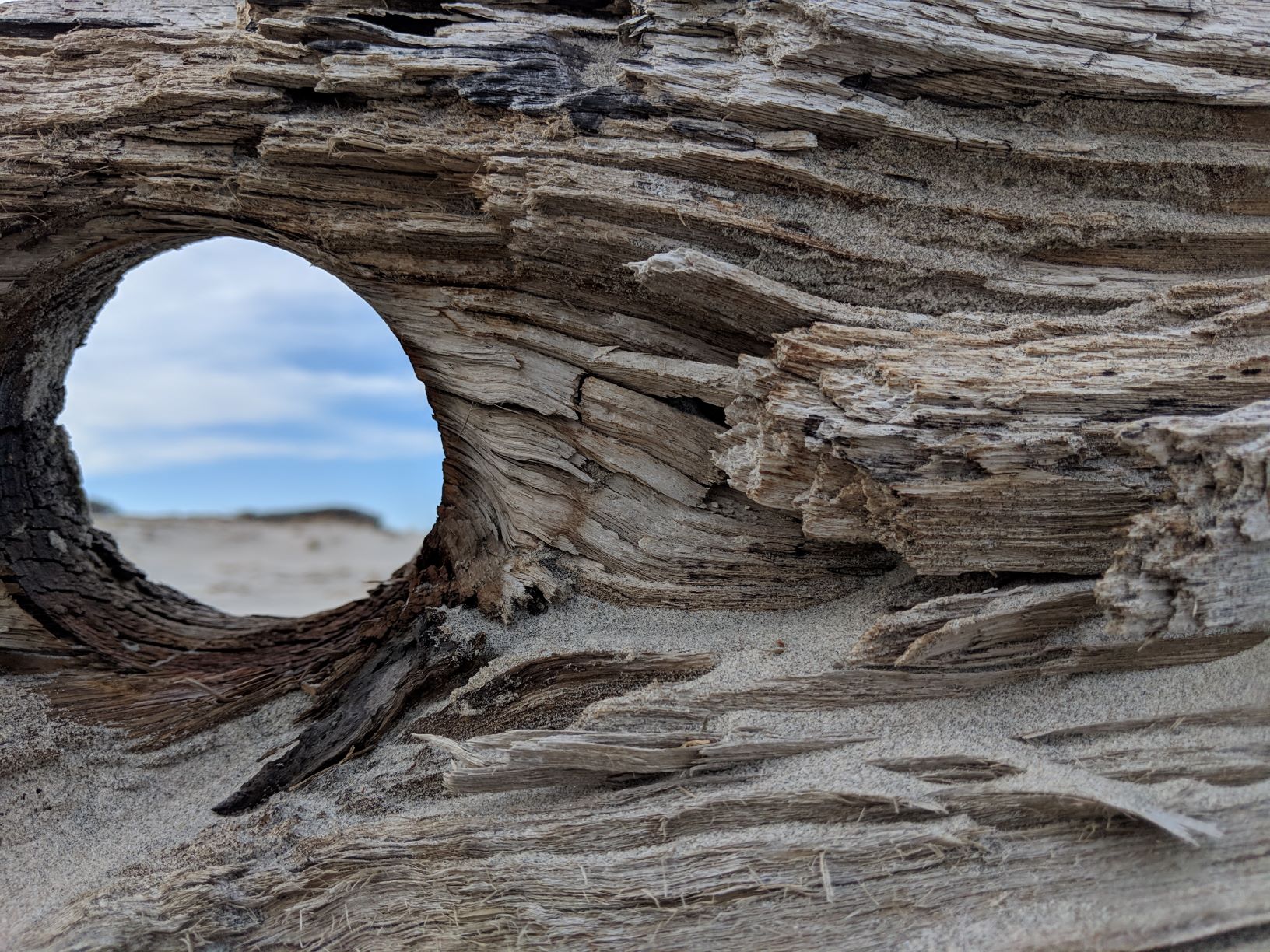
February is still here, hanging on as it does, but the light has changed.
February comes from a word meaning “the purging”, and was long the last month for the Romans, occasionally followed by Mercedonius, a month (of sorts) tucked into the calendar to get the calendar back in sync with the seasons.
While we mark our time in chunks set by people who lived a long time ago, people who knew nothing of this side of the Atlantic Ocean, the ancient souls in our ancient brains know the light has changed.
So does the life around us.
The geese are back, the crocus spear through the frozen earth, and the squash from last summer are getting soft.

I keep planting, I keep brewing, I keep playing my guitar badly, and I keep getting older. Something has to give.
And it will, but that’s all right. My molecules are vibrating as I breathe, and they will keep vibrating when I die, in one form or another.
(That’s not a metaphor, it’s how the universe works.)

I just came back from visiting my almost 3 month old grand-daughter. She laughs because that’s what humans do. And eventually I need to get out of her way. And I will.
In the meantime I will continue to sow, to harvest, to cull, to peel, to cut, to cook, to eat.






.jpg?resize=320%2C240&ssl=1)
